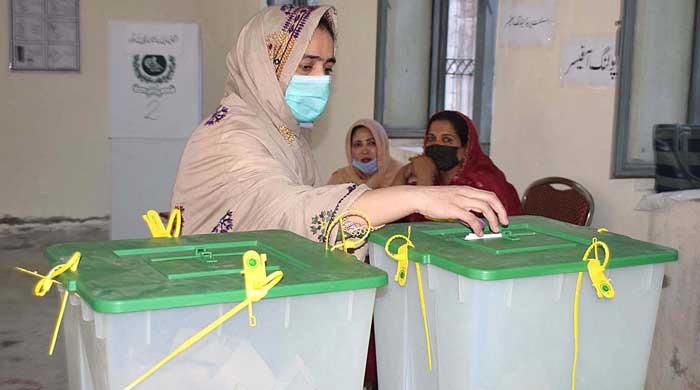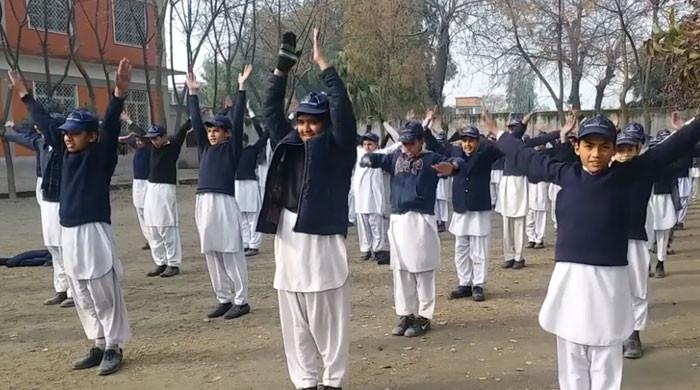As the twenty-eighth Conference of the Parties (COP28) to the United Nations Framework Convention on Climate Change (UNFCCC) continues in Dubai against the backdrop of 2023 poised to become the hottest year on record, the world is at a critical juncture. The urgency of the situation is underscored by the World Meteorological Organization’s projection that global warming will hover perilously close to the 1.5-degree limit set by the Paris Pact. Floods, droughts, and forest fires have become an annual ordeal, prompting a poignant question: Will the trajectory of the coming years deviate from the familiar pattern of environmental distress? A positive note emerges from the initial days of the conference, where delegates have agreed to operationalize the Loss and Damage Fund (LDF). This financial and technological package responds to the inescapable effects of climate change, a demand that took over 30 years to materialize. The commitment by developed and developing countries to infuse approximately $550 million into the Fund is hailed as a victory for COP28. However, the triumph is tempered by lingering questions about the adequacy of these pledged amounts compared to the staggering $400 billion annual estimate for climate-related damages in developing states. As discussions unfold in Dubai, concerns loom over the voluntary contributions to the LDF and the World Bank’s overseeing role, fueled by the historical inconsistency of developed countries in honouring financial commitments. The need to replenish the fund and expedite compensation to communities on the front lines of climate change adds a layer of complexity to the deliberations. In the evolving landscape of climate negotiations, a palpable shift in perceptions is becoming evident. The acknowledgment embedded in the Loss and Damage Fund signifies that the climate crisis is no longer relegated to the realm of future development but an immediate challenge. There is a growing consensus that the most vulnerable, the poorest countries, bear the brunt of the dire consequences, emphasizing the urgency to protect those virtually powerless against nature’s fury. Additionally, COPs are increasingly recognized as critical events facilitating connections between fossil fuel use, affluent-world consumption and the lethal risks faced by those in the climate danger zone.A flare of promise has emanated from Dubai with the pledge by 116 countries to triple renewable energy capacity by 2030. If honoured, this commitment could potentially avert the emission of about seven billion tonnes of carbon dioxide equivalent. Beyond the realm of COP-level negotiations, the significance of this pledge was underscored in the New Delhi Summit declaration by the G20 countries. The ambitious target, however, is accompanied by the stark reality that achieving it would require adding close to 1,000 GW annually until 2030. This monumental task necessitates not only infrastructure development but also fostering a conducive economic environment, particularly in countries lacking in these domains. The International Renewable Energy Agency’s estimation that global clean energy investment needs to quadruple to $5 trillion annually between 2023 and 2030 accentuates the financial challenge, with Africa currently receiving only three percent of global clean energy investment.
This recognition of equity as Fundamental to climate action underscores a paradigm shift. Yet, as articulated, much more than mere acknowledgment is required to translate this principle into tangible actions. The intertwined nature of scaling up renewables and phasing out fossil fuels becomes a focal point. The potential of COP28 hinges on whether it can catalyze a corresponding agreement on fossil fuel phase-out, with an emphasis on historical responsibility. Amidst the evolving narrative, a reflection on the three decades of multilateral negotiations leading to three legally binding treaties, including the 2015 Paris Agreement, comes to the forefront. The recent 2023 UNEP Gap Report paints a stark picture, indicating that even if all unconditional national contributions under the Paris Agreement are implemented, we are on track for a 2.9°C rise – far from the 1.5°C goal. The financing gap looms large, with flows three to six times below the requirements for a Paris-aligned pathway.Here, the focus should be on inherent limitations of UN climate negotiations, constrained by consensus-based decision-making and the procedural obligations of the Paris Agreement. The need to play to their strengths emerges – primarily a norm-setting role. COP28 must provide a clear direction, catalyzing action and acknowledging the gaps in ambition, implementation, and support. The impending “Global Stocktake” becomes a vital tool for assessing progress, and COP28 must signal a departure from the agreed temperature goal. There is a need for COP28 to pivot away from the exclusive focus on GHG reduction target-setting, a trend observed in recent COPs. The knee-jerk reaction to public pressure, leading to increasingly ambitious targets, is deemed precarious without substantive financial support. The call to shift focus towards increased renewable energy and energy efficiency, coupled with a phasedown of unabated fossil fuels, resonates as a more pragmatic approach. The emphasis on implementation and support rather than the repetitive cycle of target-setting aims to bridge the gap between aspirations and reality. In steering away from the impending inferno of 3°C global warming, COP28 faces a crucial crossroads. The urgency to fast-track the energy transition advocates for renewable sources, alternative materials, and enhanced resource conservation. Efforts must intensify in slashing emissions before the ominous 2030 deadline, making energy efficiency non-negotiable. The imperative of robust follow-up and accountability takes center stage in the final analysis. The surge in climate litigation globally indicates a growing demand for accountability, urging states and the UN process to deliver on promises. The challenges are manifold, with diverse needs and obstacles confronting various regions and, indeed, each individual nation. No panacea exists that can be uniformly applied across the globe. The solutions must be as nuanced as the unique contexts they seek to address. The urgency of responding to the climate challenge has reached a tipping point. The time for deferment has passed, and as the world grapples with a myriad of opinions, it becomes imperative to untangle these differences without further delay. In Dubai, the focus is on forging a collective path forward, recognizing that a one-size-fits-all solution is impractical in the face of the multifaceted climate crisis. The global community must engage in candid dialogue, acknowledging the intricacies that define each nation’s journey toward sustainable climate action.
—The writer is political analyst, based in Karachi
Email: [email protected]
views expressed are writer’s own.






